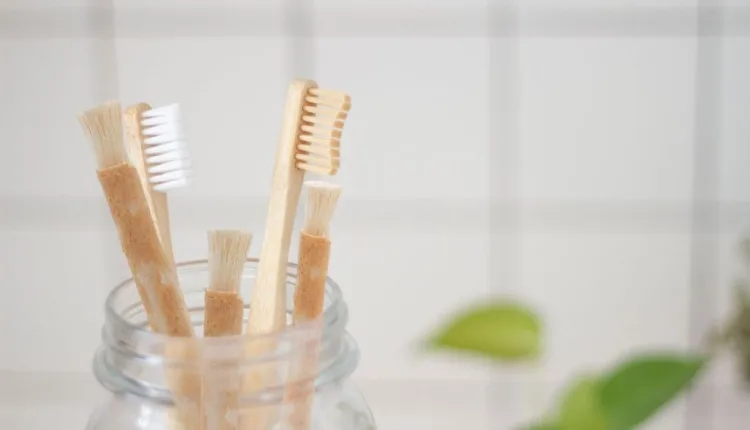
The Sunnah of Mouth and Teeth Cleaning (Miswak)
The Prophet Muhammad (peace and blessings be upon him) said:
لَوْلاَ أَنْ أَشُقَّ عَلَى أُمَّتِي لَأَمَرْتُهُمْ بِالسِّوَاكِ عِنْدَ كُلِّ صَلاَةٍ
“If I did not hesitate that I would give my fellow Muslims difficulties, I would order them to use miswak, a teeth cleaning twig, at the beginning of each Prayer.”
Bukhari, Friday 8
He did not make such an order because he was worried about making it difficult for his ummah. Otherwise, using miswak would be a requirement of prayer just like ablution. Such a thing would contradict the principle of convenience, the spirit of religion. Because everyone might not find miswak everywhere
Siwak means “teeth cleaning” and this does not only happen with miswak; It can be done with toothbrushes, fingers, salt, paste, or other things. Anyone can clean their teeth as they wish. However, it should not be overlooked that the miswak also has some special characteristics. The ancients wrote books on this issue and new researchers have explored the subject of miswak through scientific analysis. 1
An Important Sunnah “Miswak”
Though it is not fard, Islam encourages frequent teeth cleaning. The Prophet Muhammad (peace and blessings be upon him) himself would use miswak at least five or ten times a day, making using miswak an important Sunnah. Specifically, he used miswak before every prayer during ablution. Hudhaifa narrated that, “Whenever the Prophet (peace and blessings be upon him) got up for Tahajjud Prayer he used to clean his mouth (and teeth) with siwak.” 2 He also reported that, “Whenever the Messenger of Allah (peace and blessings be upon him) got up (from sleep), he would rub his teeth with miswak (tooth-stick).” 3
Surayh ibn Hani (may Allah be pleased with him) narrates: I asked Aisha (may Allah be pleased with her), “What was the first thing the Prophet (peace and blessings be upon him) would do when he entered his house?” She replied, “He would use the miswak (tooth stick).”4
Footnotes
- Haque, Mohammad M, and Saeed A. Alsareii. “A review of the therapeutic effects of using miswak (Salvadora Persica) on oral health.” Saudi medical journal vol. 36,5 (2015): 530-43. doi:10.15537/smj.2015.5.10785
- ABukhari 1136
- Muslim Book 9, Hadith 207
- Sunan Abu Dawud 1/51

Amazing!